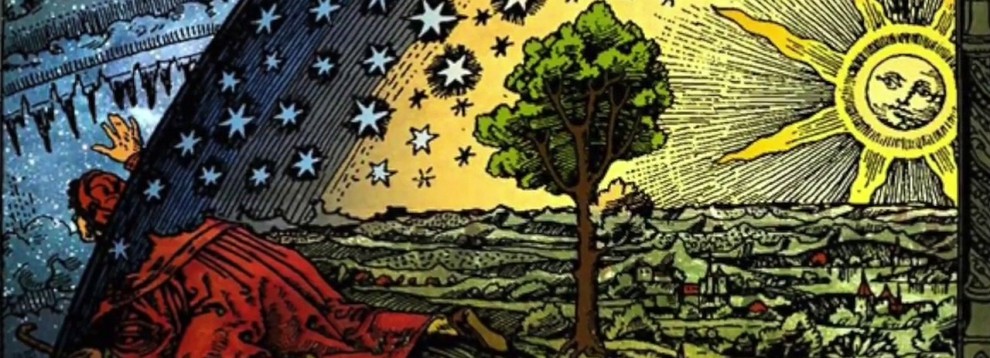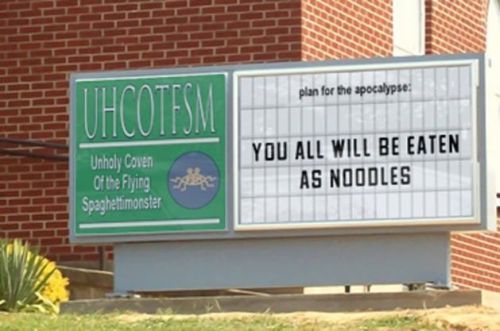I was reading this article by Mark Galli of Christianity today on ‘the problem with christus victor atonenement‘, and, to be honest I found it a very strange article.
Update: While I’m writing here about the nature for substitutionary atonement, the framing of the gospel in christus Victor atonement like explained here by Ed Cyezewski is equally important, or even more important. Why do I always miss the most important part??
Firstly he does seem to impose a dichotomy between Christus victor atonement and what he calls ‘substitutionaty atonement’, and secondly he does seem for some reason to equate the second term with ‘penal substitution atonement’.
What’s behind the lingo and why do I find this strange? Let’s start with the second one. ‘Substitutionary atonement’ means in simple words that Jesus saved us by taking our place. That surely is an important idea in christian theology, from the beginning on, but it shouldn’t at all be equated with the so-called theory of penal substitution, which says that Jesus died in our place to take the punishment for our sins. The latter one is a relatively new invention in the history of Christianity, dating from the time of the reformers, and one only embraced by some protestants. Even the satisfaction model of Anselm, one of its precursors, did not see Jesus taking punishment in our place, but doing penance in our place as far as I understand. This article by Derek Flood on substitutionary atonement and the church father, which I linked to before, is very interesting for those who have time to read it all… The problem is that some christians for a reason unknown to me seen to equate the gospel with the idea of penal substitution. (what was the gospel then for all christians in the first 1500 years?)
I never really understood substitutionary atonement in the penal way, and I still have a lot of problems with that theory. (Some version of it could rightly be called ‘divine child abuse… God punishing Jesus in our place because he isn’t able to forgive us otherwise) but yet I’ve always seen the atonement as substitutionary. Jesus died for our sins.
Growing up as a pentecostel kid my idea of atonement was that Jesus on the cross endured all sin, disease and pain of the world, in our place. He absorbed it, and there destroyed it, and then rose from the death. That’s clearly substitutionary atonement, but not at all penal.
The second thing that shaped my understanding of atonement is probably the story of Edmund in the narnia book, who betrays the others and gets enslaved by the witch. Aslan then gives himself in Edmunds place to get killed by the evil one. This could be called classical Ransom atonement,(Jesus liberating us from enslavement to the devil by taking our place) which is probably the most important atonement theory of the first millenium, and it’s purely a substitution model of atonement, but still not penal substitution.
Now for the dichotomy Galli creates, I don’t know where he gets that idea to separate Christus Victor from substitutionary as if they can be opposites..I would think that Christus victor atonement and this Ransom motif are closely connected and two sides of the , same coin. Jesus on the cross suffered evil, sin and death in our place, and destroyed it and came out as Victorious!!
And here do we come to something else Galli seems to overlook: the definition of justice (and sin). Penal substitution seems operates on the idea that God needs to punish because He is just, and that He can’t forgive without having punished someone (and so Jesus taking the punishment in our place) but I don’t see why this would be. Why would the omnipotent God not be able to forgive? The problem with sin is tha it destroys, not only individuals and their relationship to God, but the whole of creation, and so it needs to be destroyed. There also is a lot of power in the Eastern orthodox emphasis on Jesus destroying death. But the question here is how do we view Gods justice: Is justice punishing the bad guys (everybody in this fallen world) or is it first and foremost setting things right? I would go with the second one, and say that Gods justice first and foremost is restorative, not only for individuals but for the whole of creation!
For those who like to read more on this discussiopn: Read more here on the covenant of love blog for the first post in a series on the subject. I also have a quote from Scott Morizot (who I respect for his knowledge on the orthodox church and the church fathers) from a comment on the Jesus Creed blog:
Galli’s post is interesting. If Christus Victor is “clearly a secondary atonement theme” and substitutionary atonement is the primary and dominant theme, why did it take the Church a thousand years to come up with the latter? From an historical perspective, the claim seems absurd. I would also say he clearly misses the point even of the Orthodox prayer he quotes. The “consequent wrath of God” is not interwoven into it. The prayer thanks God for his goodness and long-suffering and for *not* being angry.
There’s a reason Passover is and has always been the dominant theme. The Paschal lamb in the Exodus story guarded those protected by its blood from the angel of death — from death, not from the collection of a debt for sins committed. So Christ breaks the bonds of sin and death and frees us from the powers who used them to enslave us for all time.
It is, I suppose, possible that some Protestants are taking some of the Christus Victor themes in a more shallow way than they have traditionally been taken. I don’t particularly have an opinion on that. But Galli’s characterization of the traditional Christus Victor view of Christ and the atonement is flatly wrong.
To finally close this post: as we’re coming closer to Easter we shoul realise that the big day is not good friday, but easter. Christus Victor should be very important for all Christians, unless they have a truly ‘good friday only’-gospel.
Jesus is Lord, and Victor over death, sin and evil
He who was God, became the least of us and suffered with us
All praises to the slain lamb!!
shalom
Bram
related posts:
Rethinking my childhood atonement theory
Psalm 51 and atonement theories
Rob Bell on atonement or the bible versus (reformed) tradition





